With the power of the ABC’s propaganda unit behind it, Dark Emu, by the self-proclaimed Aboriginal historian Bruce Pascoe sold more than 100,000 copies and was in its 28th printing one year ago.
Given the relentless publicity the book has received since then and its incessant promotion by woke folk in academia, it has possibly sold close to 120,000 or more now, and there are two children’s versions also being pushed into curricula, e-books, audio books and even a dance performance by the famed Bangarra Dance Theatre.
It has taken seven years for academia to respond and rebut Pascoe’s principal claim – that Aboriginals were not in his words, ‘mere’ hunter-gatherers but agriculturists, who sowed and harvested and kept animals in pens when not practising aquaculture.
Two years ago, Peter O’Brien dissected and exposed Pascoe in his excellent work Bitter Harvest: The Illusion of Aboriginal Agriculture in Bruce Pascoe’s Dark Emu (Quadrant Books), now in a second, expanded edition.
O’Brien, however, is a retired Australian army officer, first published in the conservative Quadrant magazine and as such was an easy target for the louche Left mockers.
Peter Sutton, principal author of the latest work to demolish Pascoe’s humbug, Farmers or Hunter-Gatherers? The Dark Emu Debate (MUP) is a highly-credentialled and most respected anthropologist. Co-author Keryn Walshe, who wrote the final two of the book’s 13 chapters, is as respected in her area of field anthropology.
The title of one of Sutton’s earlier works on Aboriginals, The Politics of Suffering, is a clue to where he stands on the fraught politics of the past 250 years of Australian history.
Pascoe’s fiction has been awarded prizes, including two New South Wales Premier’s Literary Awards (Book of the Year and the Indigenous Writers’ Prize, 2016) and was shortlisted for two other prizes, the History Book Award in the Queensland Literary Awards (2014) and the Victorian Premier’s Award for Indigenous Writing (2014).
I engaged Sutton last July about his book which had then just gone to MUP but he didn’t wish a conservative writer to examine it because he was concerned that publicity connected with someone perceived to be on the Right would damage the work.
Its publication this week, after an absorbing piece in Nine Media’s Age and Sydney Morning Herald, won’t stop his critics from the Left charging that he has gone over to the dark side.
Pascoe, Sutton powerfully demonstrates, is a fabulist, a writer of fiction.Pascoe is not an anthropologist or archaeologist, Sutton writes. The issues are complex but Pascoe has shown “little or no reliance on those who lived on the Aboriginal side of the frontier for months on end”.
Sutton has spent fifty years working with Aboriginals, often in remote regions, he has recorded many Aboriginal languages and speaks three.
He takes great pains to express his hope that at the very least Dark Emu may have sparked conversations about the Aboriginal way of life before the arrival of Europeans, which he styles as an invasion, but his politesse doesn’t detract from the total put-downs of Pascoe’s specious claims of early Aboriginals practising a sedentary lifestyle.
The claim of an “ancient agricultural economy” of Australia is the one Sutton and Walshe put to the test.
Sutton bluntly writes, “Pascoe’s book purports to be factual. It offers support for the propositions in footnotes that lead to an extensive list of published and archival sources, and has an index”.
Then this: “However it is poorly researched. It distorts and exaggerates many old sources. It selects evidence to suit the author’s opinions, and it ignores large bodies of information that do not support the author’s opinions. It contains a large number of factual errors, a range of which we analyse here. Others we could not include for want of space”.
There’s no end of footnotes and appendices in Sutton and Walshe’s book but unlike Pascoe’s semi-literate attempt to pose as a scholar, the experts are meticulous in attributing their quotes to verifiable sources.
Still, Pascoe fooled ABC Head of Education, Annabel Astbury, who gushed: “We are so fortunate to have had the opportunity to interview Bruce Pascoe on Country, helping us understand the physical and written evidence of a people who, for thousands of years, had an organised, innovative and considered use of land that supported bountiful cultural economies. This is not the history I learned in the 1980s or, I suspect, that some have learned in the 1990s. This collection is not just a resource for school students, it is a resource for all Australians”.
One would hope that the head of the education unit withdraws that endorsement as it is total nonsense.
Dark Emu, writes Sutton, “is actually not properly considered a work of scholarship. Its success as a narrative has been achieved in spite of its failure as an account of fact”.
To Sutton, the book’s success would appear to indicate, within our society and public sphere “either a profound lack of factual knowledge in relation to the peoples and history written about in Dark Emu, or an unconcern with facts and truth themselves, or a combination of these things”. “Whichever the case, the situation is troubling”.
It is to be hoped that Sutton is afforded the same publicity by MUP as Pascoe received from the ABC but he may be reluctant to put himself before the media which almost to a man-woman-person (pick your pronoun and Sutton himself lists his preferred pronouns as nyulu, ngali, ngampula) have been as supportive of Pascoe’s fables as those who have wrongly awarded him prizes for non-fiction.
Not wishing to provide a spoiler alert, after reading the 201 pages, and skimming the 87 pages of appendices and footnotes, Sutton and Walshe’s rewarding work, as academic in presentation as it is, will provide not only food for thought but conversation to go with food over dinner tables for decades if not longer.
Oh, those others, Bruce Chatwin and Bill Gammage, who have ridden the hopey-wishey trail of Aboriginal narrative with their best-selling and no doubt well-intended but factually baseless works, Songlines, and The Biggest Estate, How Aboriginals made Australia, are also examined in this work.
Sutton and Walshe are scholars, no matter what their politics may be, and their goal is truth, a forgotten prize for many in academia today.
Got something to add? Join the discussion and comment below.
Get 10 issues for just $10
Subscribe to The Spectator Australia today for the next 10 magazine issues, plus full online access, for just $10.
You might disagree with half of it, but you’ll enjoy reading all of it. Try your first month for free, then just $2 a week for the remainder of your first year.

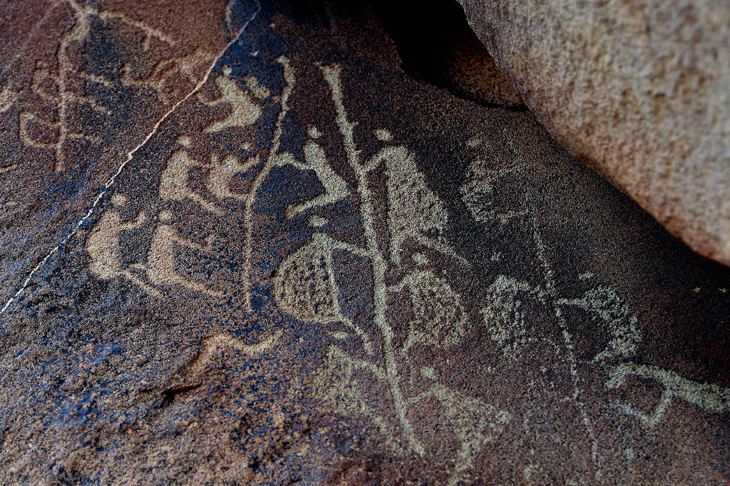
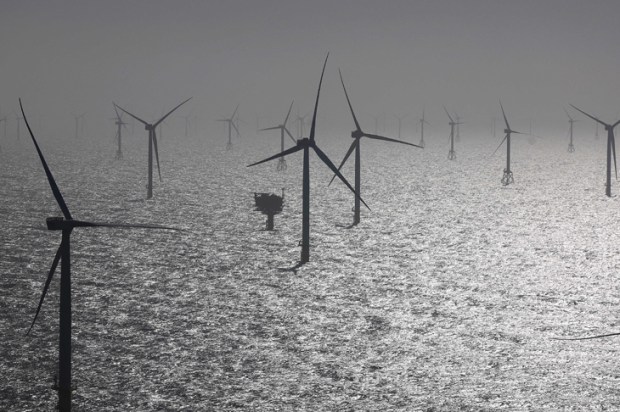
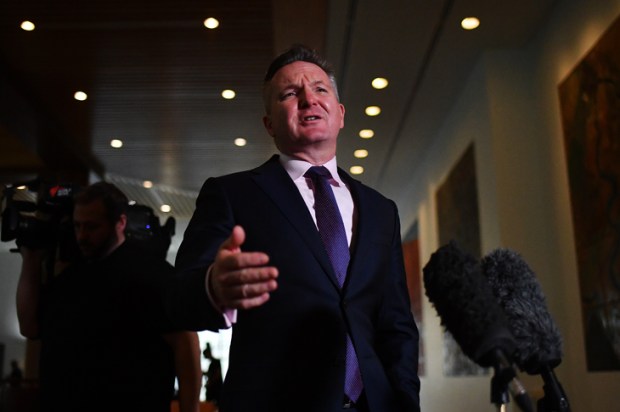

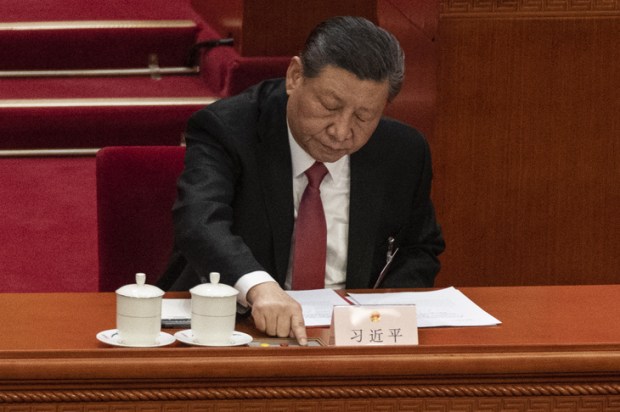
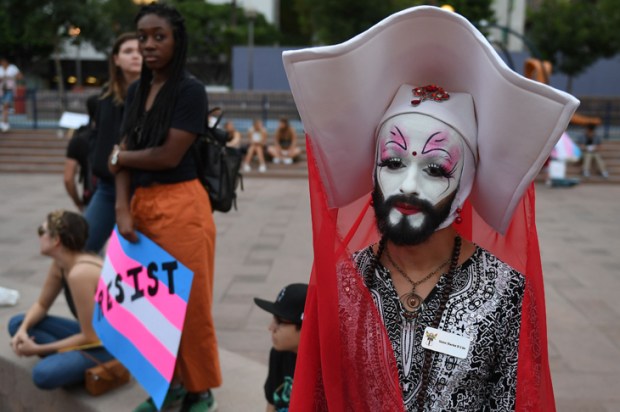
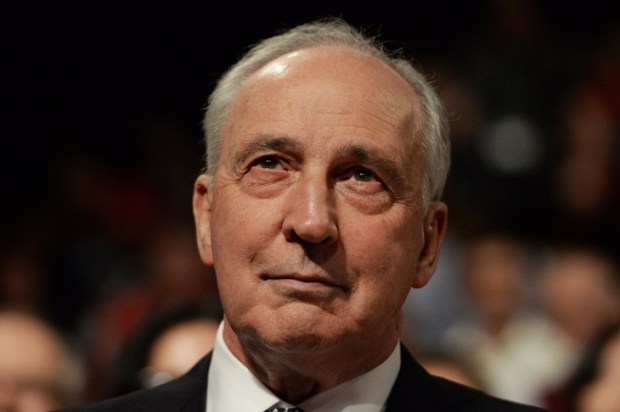






Comments
Don't miss out
Join the conversation with other Spectator Australia readers. Subscribe to leave a comment.
SUBSCRIBEAlready a subscriber? Log in